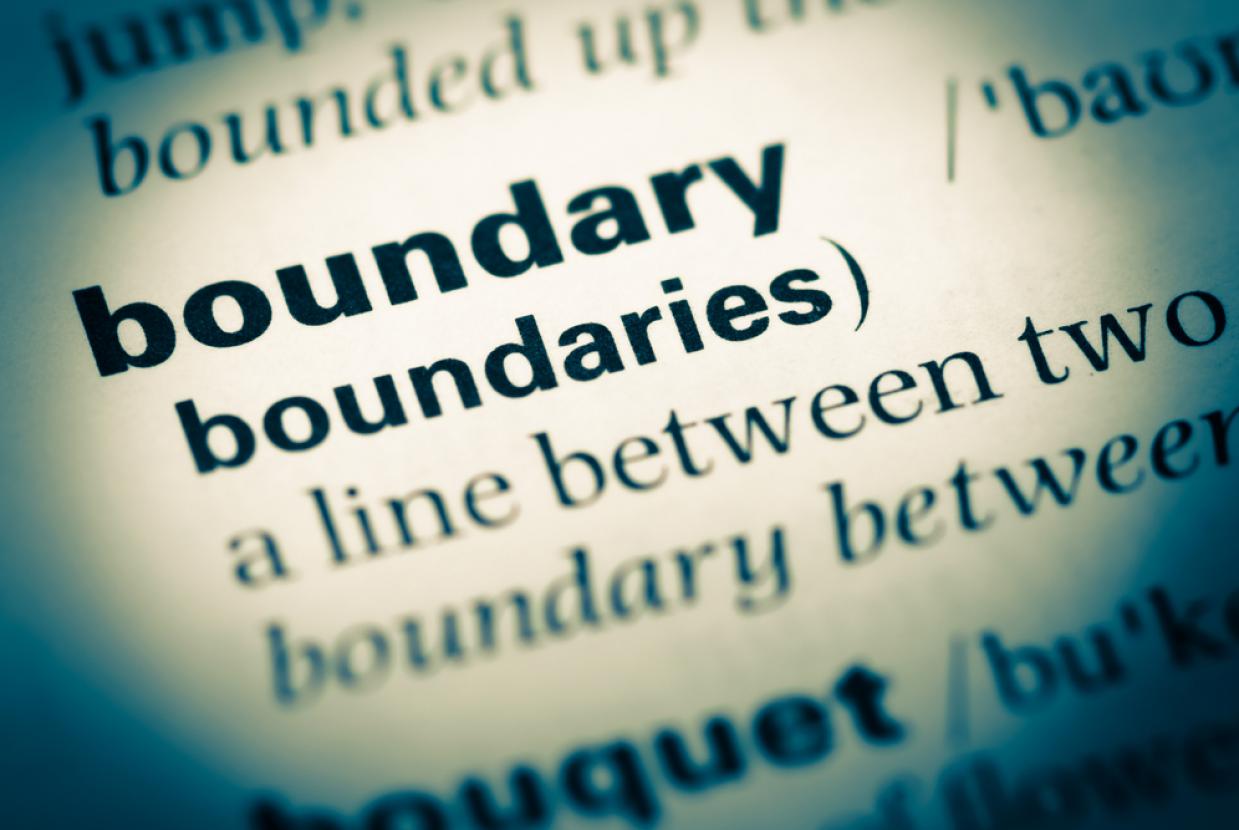Nurturing Relationships
Healthy relationships are an important part of our lives, part of having a healthy relationship is having boundaries in place, such as;
Physical boundaries: your body and space, you have the right to autonomy over your body and personal space. No one has the right to touch you or invade your personal space without your express permission.
Emotional/intellectual boundaries: Emotional boundaries are about refusing to discuss topics you find inappropriate, or letting people emotionally dump on you or let other dismiss your emotions. Intellectual boundaries are not talking to people who belittle you and also means respecting others - even if we don’t agree with their opinions.
This is about feeling safe to express our own opinions, so long as they do not infringe on the literal safety of others. It means having an awareness of what an appropriate discussion is in the setting we are in.
Spiritual boundaries: Your beliefs. Being able to have your own view and opinion on beliefs/morals while also respecting that other’s opinions may be different.
Material boundaries: possessions/money. Some may find it uncomfortable discussing topics like money, earnings and expenditure, if this is the case, relay this to your partner.
Again, it is important to express your thoughts on these topics to ensure you are comfortable. When it comes to possessions, this boundary depends on your individual relationships. For example, you might let your parent borrow your caravan for the weekend, but not a friend who you rarely see.
Attachment
Attachment theory explains how innately we desire an emotional bond with a parent/caregiver. Depending on the nature of this bond i.e., caring, abusive or negligent, etc, this can impact our relationships and ability to bond with others in our later years.
Attachment theory explains how our emotional bond with our parents/caregivers impacts and affect our relationships in later life. There are 4 types of attachment styles;
Secure (in younger years) - needs wholly satisfied, feeling loved, cared for, and mostly happy. Those with a secure attachment style find it easy to make friendships and are more secure in themselves finding it easy to trust others and form romantic relationships.
Dismissive/avoidant (In younger years) - come from a neglectful home, feeling they can only trust themselves. People with a dismissive/avoidant attachment style are hesitant to get close to people, keeping people distant and fearing intimacy.
Anxious/pre-occupied (in younger years) - needs not always valued, doubting self and self-worth. People with an Anxious/preoccupied attachment style may have a fear of abandonment, and that their partner will leave them. Often they will require reassurance from relationships regularly.
Disorganised (In younger years) - Coming from an abusive home, and being emotionally numb. These people have a hard time forming meaningful relationships as they both feel a need to be loved and are wary of developing a romantic relationship.


















